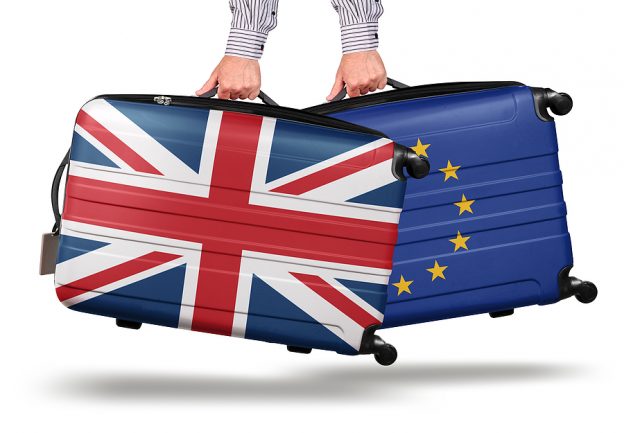
Even though your actual plans may be on hold with the COVID 19 restrictions, you may be planning to leave Britain. Whether this is as a result of a whole life rethink during lockdown, or a move prompted by post Brexit realities, don’t forget about your UK tax rebate.
Why can I get a leaving the UK tax rebate?
There are several reasons why you might be due a leaving the UK tax rebate. If you worked in Britain and paid income tax, then it’s worth checking out what you can claim for.
Tax free Personal Allowance
The Personal Allowance is how much you can earn without paying any income tax at all. For the 2020-21 tax year, this is £12,500. If you leave in the middle of a tax year and haven’t used up all of this allowance, you can reclaim it.
UK Property
If you still own property in the UK that you rent out while you live abroad, then you are considered a non resident landlord by HMRC. Some people leave their property management with rental agent when they move. They collect rent for you and automatically deduct 20% tax, unless you’re in the non resident landlord scheme. If you’ve paid this tax on your rental income and earned under the Personal Allowance, you should be in a position to claim a tax rebate.
You may also be able to claim some of the expenses associated with being a landlord, like repairs on your property, accountancy fees and mortgage interest. You just need to include them on your self assessment tax return after each tax year ends.
UK Non resident pension
Expats that get a UK pension need to check to see if they’re due a tax rebate on their pension payments. The UK government has tax treaties with a lot of other governments, to the mutual benefit of their citizens. For people with UK pension income, this means that they either shouldn’t be paying tax on it at all, or it should be subject to a reduced rate.
Unclaimed work expenses and allowances
Working in the UK entitles you to tax relief on many different costs that you incur because of your job. This includes:
- Membership of professional bodies and Trade Unions
- Tools, toolboxes and equipment
- Safety equipment
- Using your own vehicle to travel between temporary work locations
- Working from home
- Washing your work uniform or protective workwear
If you’ve ever paid for any of these things and not been reimbursed by your employer, then you’re probably due a tax rebate.
Good to know…
- All of these tax rebate claims can be backdated for four years.
- You don’t need to be living in the UK to submit a claim.
- You can make the claim before you leave the UK, you don’t have to wait.
How much can I get back?
This can only be worked out on a case by case basis. There are too many variables to give out random estimates. You can use our free Leaving the UK tax rebate calculator to give you an idea, based on your numbers.
The overall average amount we get back for clients is over £900.00. But it really does depend on how different factors, like salary and tax paid, interrelate.
What evidence do I need for a tax rebate claim?
You must have three key pieces of paperwork to make a UK tax rebate claim:
- P85: This is crucial because its got the date you left the UK and your residency status. This isn’t necessary if you complete a self assessment tax return because the same information is recorded there.
- P45: You get your P45 when you leave your employer.
- National Insurance Number: This is your unique number. It’s on your P45, payslips and other tax documentation.
Even if you don’t’ have the last two on the list, we can still make a claim, but it’ll take a bit longer for HMRC to verify your claim without this identifying information.
Each work expense or allowance has its own evidence requirement, like receipts or a travel log. So you also need to take this into consideration when you make your application.
Moving is a costly business, so the boost of a tax rebate cheque is always welcome.







